Following the (Oil) Money
How methodical plundering of the Venezuelan state has created a compliance nightmare
Venezuela’s largest source of income and foreign currency has long been Petróleos de Venezuela (PDVSA), its state oil company. The country has the largest proven oil reserves in the world, estimated at 300 billion barrels. However, Venezuela has never recovered from an economic crisis triggered by 2014’s historic fall in oil prices. PDVSA’s production levels have slumped and creditors are lining up to seize its assets. Yet the company’s woes predate the crisis: corrupt officials have plundered the oil giant through kickback schemes dating back over ten years. More recently, the fall in oil prices sparked further siphoning of funds through exploitation of foreign currency schemes, with funds laundered through banks on three continents.
Much like PDVSA’s Brazilian counterpart, Petrobras, evidence is mounting that PDVSA executives routinely demanded bribes in exchange for favourable treatment when awarding contracts. In September 2018, a five-year money laundering investigation at an Andorran private bank found that up to 14 former Venezuelan officials were involved in a USD 2 billion kickback scheme between 2007 and 2012. International bidders – principally Chinese firms – allegedly paid commissions of 10-15% to win oil extraction contracts with PDVSA and its subsidiaries.
Corrupt officials are also alleged to have embezzled more than USD 1 billion from PDVSA by exploiting their access to the Venezuelan government’s foreign currency exchange system, which offers a far more favourable rate. By carrying out two transactions – from dollars to bolivars using the fixed rate, then again from bolivars to dollars using the government rate – a USD 10 million bribe could be turned into USD 100 million.
Profits from schemes such as these have been laundered through networks of shell companies, false investment strategies and real estate. Reporting on financial crime in Venezuela references the full range of offshore jurisdictions: Andorra, Curação and Panama have all been stop-off points for embezzled funds. More than one Venezuelan official reportedly cited “opacity” on the Andorran private bank’s onboarding form as his motivation to open an account. However, press reports have also linked Venezuelan Specially Designated Nationals (SDNs) and other officials under investigation to accounts and assets in Russia, Costa Rica and, in particular, Switzerland and the US.
The decision by wealthy Venezuelans to move their capital outside the country is not new. The same happened under President Maduro’s predecessor, Hugo Chávez: as the dictator asserted greater control over the economy, businessowners packed up and moved to the US, in particular Florida. This growing population provided a windfall for Miami’s banks.
However, at the same time, the Caracas-based boliburguesía – a term for those who became rich during the Chávez regime – deposited their dollars and invested in luxury property in the state. Now, rather than suffer food shortages and soaring crime levels in their home country, those close to the Chávez and Maduro regimes have increasingly begun to occupy these investments full time; a former US ambassador to Venezuela recently described South Florida as “crawling” with “boligarchs”.
The US Treasury cites government contracts, wire transfers from shell corporations and US-based real estate (particularly in South Florida and Houston, Texas) as key red flags for financial institutions dealing with Venezuelan nationals. While this tallies with findings of major investigations, this alone does not reflect the complexity of conducting due diligence on Venezuelan nationals. Government records are often inaccessible both online and in-country, while media is either government controlled or self-censored. Instead, enquiries with contacts both in Venezuela and among the expat community in Miami are essential to determine a subject’s level of political exposure.
Government corruption in Venezuela is by no means exclusively associated with PDVSA and exploitation of foreign exchange rates. In September 2018, the US Treasury announced it was targeting senior Venezuelan officials who allegedly used shell companies to siphon off millions from food import contracts. However, the exchange rate regime has allowed corrupt officials to profit even further from their embezzlement of Venezuela’s greatest asset. PDVSA has been gutted and distributed through a worldwide network of financial institutions – and the funds are just starting to surface.

